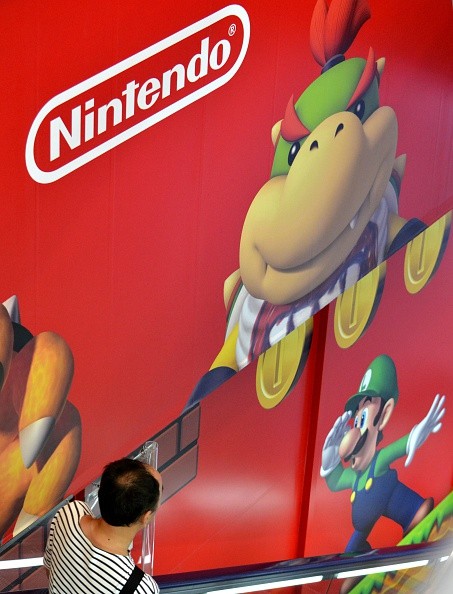Giving up on Wii U too early could distant avid fans, but if dealt with rightly, a 2016 release could work to Nintendo's advantage by reversing the company's home console sales.
Latest rumors have been around Nintendo's yet-mysterious NX console, with the wall Street Journal suggesting that some developers are already working on dev kits, according to Games Industry.
The kits are meant for a system that puts together elements of portable and home consoles, competes with Sony and Microsoft devices with regard to processing power and is slated for a 2016 launch.
However, the report seems quite confident of the 2016 schedule, so it is crucial to look at the implications of the launch.
In the first place, the implication is that the Wii U perceives its last first-party games by the end of 2016. In the same way it released in late 2012, this will give the system a four year period, during which it will have attained approximately 12 million unit sales; 15 million may be likely is it is discounted and gets a late wave of support this Christmas or next year. Either way, Wii U will be remembered as Nintendo's worst selling home console.
According to a different report from the same publication, Nintendo must be considering some of those games and imagining the best way to emerge commercially and probably innovatively as NX launch titles. The Zelda game, specifically, feels like a shoo-in for the Nintendo NX.
Four years may be very short for a console, and a few critics are already lamenting this situation on the baseline, but this is totally natural. The original Xbox, for instance, lasted almost exactly four years before the launch of Xbox 360, and five years was considered aggregate for a console generation.
While for years is not great by any means, it is not without precedent and the problem, apparently, should be cushioned by the quality of the software library the system has developed in that time.



























